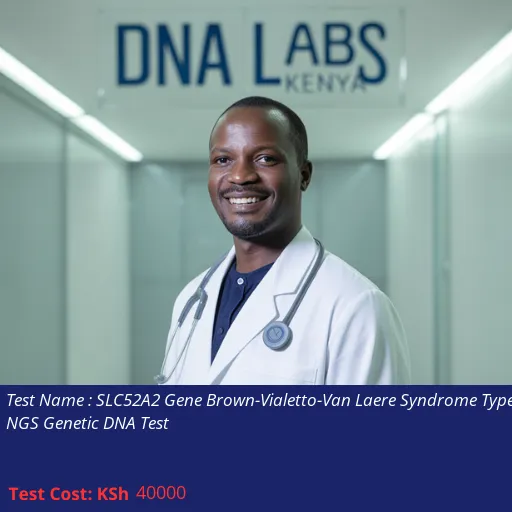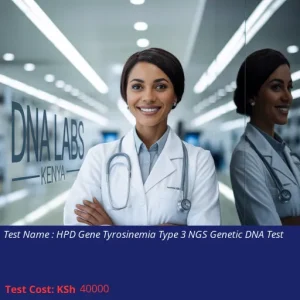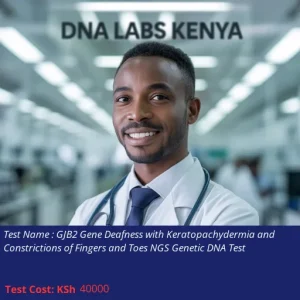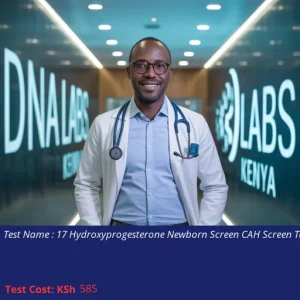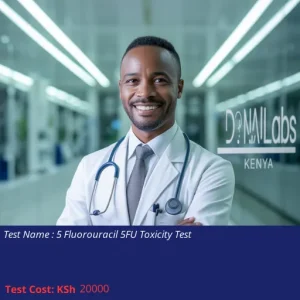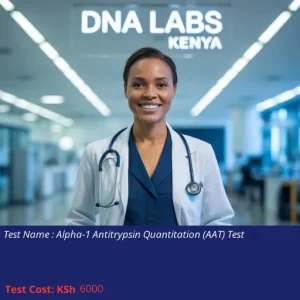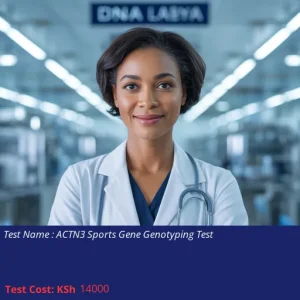SLC52A2 Gene Brown-Vialetto-Van Laere Syndrome Type 2 NGS Genetic DNA Test
Introduction
The SLC52A2 Gene Brown-Vialetto-Van Laere Syndrome Type 2 NGS Genetic DNA Test is a specialized diagnostic test that utilizes Next Generation Sequencing (NGS) technology to detect mutations in the SLC52A2 gene. This gene is crucial for the transport of riboflavin, a vitamin essential for various bodily functions. Understanding genetic mutations associated with this syndrome is vital for accurate diagnosis and management.
What the Test Measures
This test measures the presence of mutations in the SLC52A2 gene, which can lead to Brown-Vialetto-Van Laere syndrome type 2, a rare neurological disorder characterized by progressive weakness, hearing loss, and other neurological symptoms.
Who Should Consider This Test
Individuals who exhibit symptoms such as:
- Progressive muscle weakness
- Hearing loss
- Neurological deficits
- Family history of similar symptoms
Patients with risk factors or those advised by an ENT doctor or genetic specialist should consider this test for a comprehensive evaluation.
Benefits of Taking the Test
- Provides clarity on genetic causes of symptoms
- Facilitates early diagnosis and intervention
- Helps in understanding family risk and potential future implications
- Guides treatment options and management strategies
Understanding Your Results
After the test is completed, results will be interpreted by qualified genetic counselors who will explain the findings and their implications. It is crucial to discuss these results with a healthcare provider to understand the next steps in management.
Test Pricing
| Discount Price | Regular Price |
|---|---|
| 40,000 KSh | 56,000 KSh |
Branches and Booking
We have branches across major cities in Kenya, including Nairobi, Mombasa, and Kisumu. For your convenience, we also offer home sample collection services. To book the SLC52A2 Gene Brown-Vialetto-Van Laere Syndrome Type 2 NGS Genetic DNA Test, please call or WhatsApp us at +254746286171.
Pre-Test Instructions
Before undergoing the test, patients are advised to have a genetic counseling session to discuss their clinical history and to draw a pedigree chart of affected family members. This information is essential for accurate interpretation of the test results.

